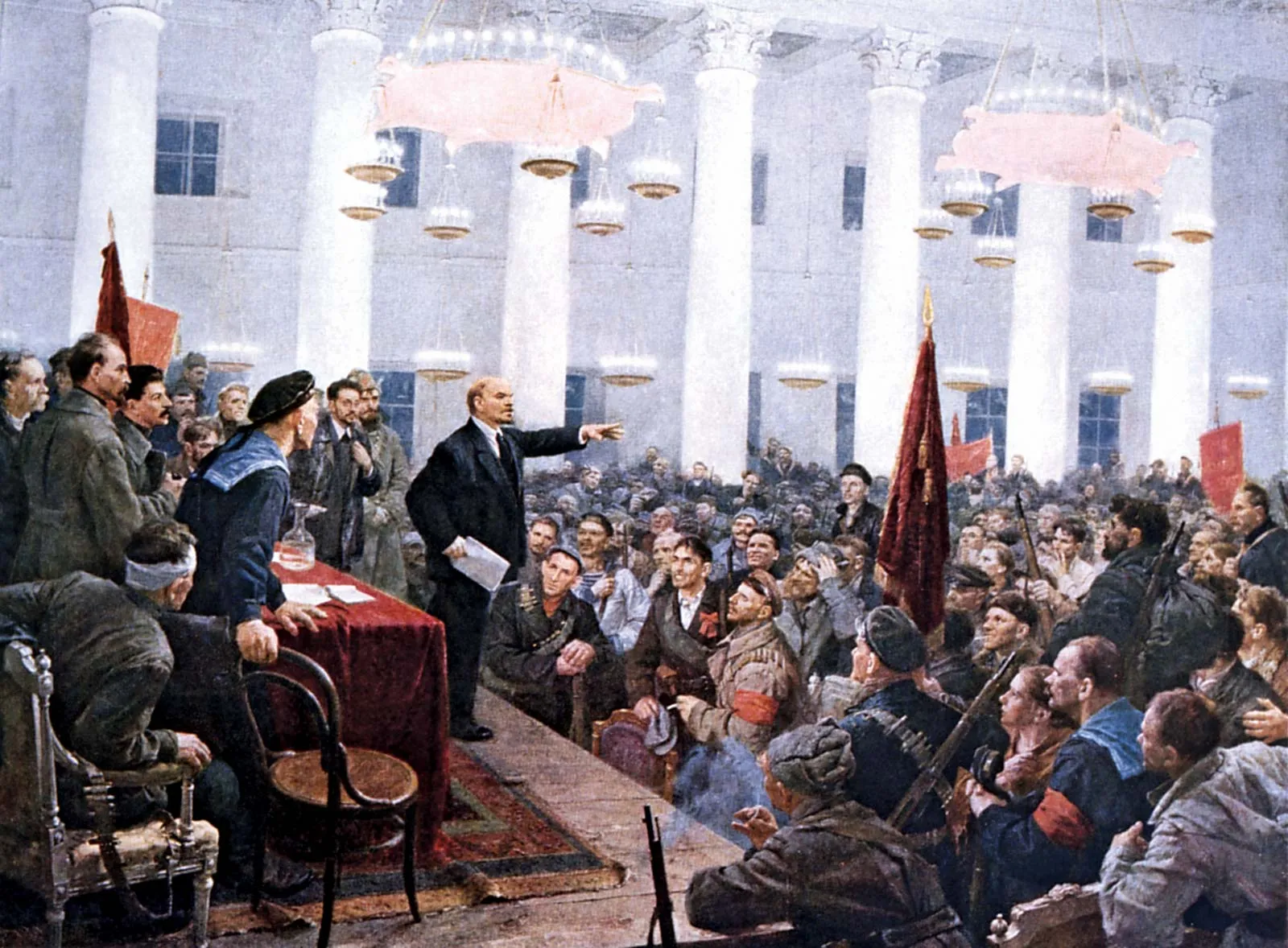
The Brest-Litovsk Treaty (March, 1918)
Modern History (Year 12) - Bolsheviks in Power
Ben Whitten
The Brest-Litovsk Treaty
In 1918, Lenin signed a peace treaty with Germany, ending Russia's involvement in World War I. As part of the treaty, Russia ceded land, including the Baltic states, and paid 6 million gold marks to Germany. This decision was met with controversy in Russia, as it was viewed as a sign of weakness. However, Lenin believed that Germany was likely to lose the war and was not overly concerned about the terms of the treaty.
The Treaty of Brest-Litovsk had several terms for the region:
Finland, which had been under Russian rule since 1809, was able to defeat Bolshevik forces with German assistance and remained independent.
Estonia, Latvia, and Lithuania became independent republics.
The Russian-held area of Poland was incorporated into the independent state of Poland.
Bessarabia was ceded to Romania.
Germany established semi-independent governments in Belarus, Ukraine, and Georgia.
Achievements and Consequences
The Treaty of Brest-Litovsk, signed in 1918, had several consequences for Russia, both positive and negative.
On the positive side, it eliminated the German threat to the Bolshevik regime, allowing it to survive. However, the treaty was widely viewed as a "shameful peace" as it resulted in significant territorial losses and reparations payments to Germany.
The treaty had several negative consequences:
It resulted in the loss of half of the human, industrial, and agricultural resources of the Russian Empire, which encouraged patriotic Russians to join anti-Bolshevik forces and made civil war almost inevitable.
The Left Social Revolutionaries, who favored a revolutionary war, resigned from Sovnarkom in protest of the treaty.
In July, they assassinated the German Ambassador in Moscow in an attempt to provoke a resumption of the war against Germany and seized power, but failed.
Russia lost 62 million people, 32% of arable land, 89% of iron ore and coal reserves, 26% of its railways, and had to pay 3 million in reparations.
Russia lost Finland, Estonia, Latvia, Poland, Lithuania, and Ukraine.
The treaty created division within the country between the Bolsheviks, who accepted the treaty, and the anti-Bolshevik forces, known as the "Whites."
Acceptance of Terms and Bolshevik/Social Revolutionary Split
The Treaty of Brest-Litovsk, signed in 1918, imposed harsh terms on Russia that were accepted by the Bolsheviks. These terms included significant territorial and economic losses, such as 32% of arable land, 34% of the population, 54% of industrial enterprises, 26% of railways, and 75-89% of coal and iron ore. These losses further destabilized an already struggling economy. Although the treaty was nullified in November 1918, it left a lasting impact on the Bolsheviks' reputation and their relationship with their allies.
The treaty also caused a rift between the Bolsheviks and their Social Revolutionary allies. The Social Revolutionaries, who favored a revolutionary war, refused to sign the treaty and cut ties with the Bolsheviks. This led to the Bolsheviks rebranding themselves as the All-Russian Communist Party and being left to govern Russia alone.
Contributions to the Russian Civil War
The Treaty of Brest-Litovsk also contributed to the Russian Civil War.
Two key considerations include:
The growth of internal opposition to the Bolsheviks.
Foreign intervention against the Bolshevik regime.
The Treaty of Brest-Litovsk had far-reaching consequences for the Bolshevik regime, both internally and internationally. Domestically, it led to a growing opposition to the Bolsheviks from political parties and individuals, such as the Social Revolutionaries, who were angered by the harsh terms imposed by the Central Powers. Additionally, the treaty damaged Russia's sovereignty and territorial integrity, further fueling discontent among the population. Internationally, the treaty caused tension with Russia's former allies, particularly Britain, France and the United States, who were already suspicious of the Bolshevik regime's ideological convictions. This ultimately led to foreign intervention in the Russian Civil War, with these nations sending troops to Russia in 1918, which remained there until 1922.